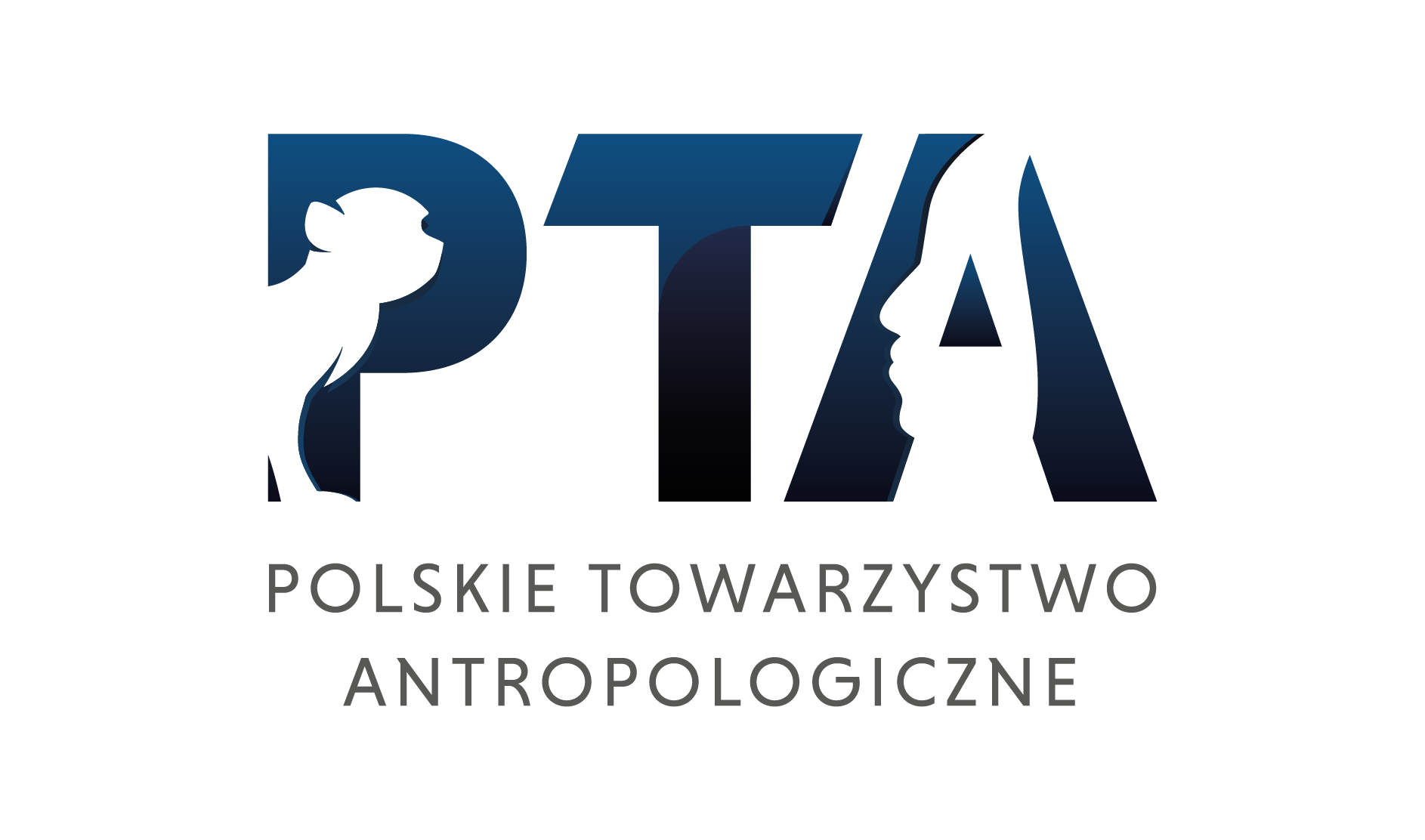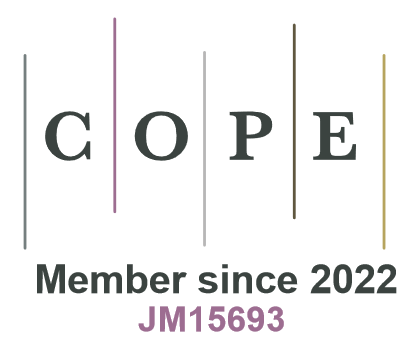Cultural and social anthropology
DOI:
https://doi.org/10.18778/1898-6773.52.1-2.04Abstract
The central concept of anthropology as a humanistic discipline is that of culture. The use of "culture", although operative since the Ancient era, derives mainly from social evolutionism and Kuiturgeschichte of the XIX century. The turning point in the development of cultural (social) anthropology was the work of an Englishman, E. B. lyior. Since his "Primitive Culture" (London 1871) it became possible to speak of culture in general and of particular cultures. It is difficult to settle upon a single definition of this complex term. A.L. Kroeber and C. Kluckhohn analysed 168 definitions of culture. These appeared, as judged by general emphasis, to fall into six major groups: 1) enumeratively descriptive, 2) historical, 3) normative, 4) psychological, 5) structural, 6) genetic. The term "cultural anthropology" is more widely used in the United States whereas in Britain the term "social anthropology" is predominant. In Central Europe, particularly in German-speaking countries, the term "anthropology" has been reserved for biological aspects of man’s life. The study of cultural dimension of man’s existence appears under the label of ethnology (the theoretical and generalizing aspect) and ethnography (the descriptive aspect). This pattern has been followed, by and large, by Polish scientific community. However, there is too much overlap to warrant keeping apart "cultural" from "social" anthropology. The subject matter of the discipline is essentially two-dimensional, being always both "cultural" and "social". All human behaviour is influnced by cultural standards, and conversely culture itself is essentially social, in its transmission and distribution among the members of a society. Many anthropologists therefore either speak of social and cultural anthropology jointly or fuse them into a single term "sociocultural anthropology". In the growth of the discipline, one can discern several theoretical orientations.
1) Evolutionism - the application of the general theory of evolution to cultural phenomena as distinguished from biological or physical phenomena. Cultural evolution is conceived as a continuous and usually accumulative process, by which cultural phenomena undergo change, one form or stage succeeding another.
2) Diffusion ism - a term to refer to all the orderly processes which produce cultural similarities in various societies other than invention. The concept of the Kulturkreis, coined by the German culture-historical school, has proved to be most influential and representative for this school of thought.
3) Historicism - the emphasis on historically created diversities, leaving to psychology the exploration of common human nature. Every aspect of culture must be considered in the total context in which it occurred. F. Boas was a leading exponent of this way of viewing anthropology.
4) Culture and personality approach - the stress laid upon the interaction between culture and personality formation. Culture exists only in human personalities; motives, emotions and values are institutionalized in culture.
5) Functionalism - the explanation of anthropological facts by the part which they play within the integral system of culture and by the manner in which they are related to each other. Functionalism, propounded by B. Malinowski and A. R. Radcliffe-Brown, became the theoretical foundation of the British social anthropology with its emphasis on organization and social structure.
6) Structuralism - a thesis of fundamental constancy of structural, unconscious equipment of man (its main representative is C. Lévi-Strauss). In order to reach the structure of socio-cultural reality, a process of symbolization (converting facts into signs) is required.
7) Ncocvoluliotiism - an attempt to revive, refine and test the theory of cultural evolution, particularly with regard to its unilinear or multilinear character. Within this orientation the interdisciplinary discussion is being held on the interaction between biology and culture. Human evolution is considered the history of feedback relationship between organism and behaviour. Human behaviour can best be described as biocultural behaviour. Man is viewed more and more in a holistic way. The emergence of anthropology tout court, an integrated science of man, is a logical consequence of this stance.
Downloads
References
BENEDICT R.,1929, The Science of Custom, The Century Magazine.
View in Google Scholar
DOBZHANSKY T., 1979, Różnorodność i równość, Warszawa.
View in Google Scholar
EVANS-PRITCHARD E. E., 1951, Social Anthropology, London.
View in Google Scholar
FIRTH R., 1951, Element of Social Organization, London.
View in Google Scholar
FORTES M., 1951, Social Anthropology, (w:) Scientific Thought in the Twentieth Century, A.E. Heath wyd., London .
View in Google Scholar
HARRIS M., 1968, TM Rise of Anthropological Theory. A History of Theories of Cullur1t, New York.
View in Google Scholar
HARRIS M., 1971, Man and Nature. An Introduction to General Anthropology, New York.
View in Google Scholar
KŁOSKOWSKA A., 1969, Koncepcja typu osobowości we współczesnej antropologii kulturalnej, (w:] Z historii i , socjologii kultury, Warszawa.
View in Google Scholar
KŁOSKOWSKA A., 1980, Kultura masowa, Warszawa.
View in Google Scholar
KŁOSKOWSKA A., 1981, Socjologia kultury, Warszawa.
View in Google Scholar
KŁOSKOWSKA A., 1983, Antropologiczne stanowiska w socjologii polskiej: tradycja i współczesność, (w:) Naród, kultura, osobowość, Wrocław.
View in Google Scholar
KROEBER A.,C. K.LUCKHOHN, 1952, Culture .A Critical Review of Concepts and Definitions, Papers of the Peabody Museum , Cambridge.
View in Google Scholar
KUPER A., 1975, Anthropologists and Anthropology. The British School 1922-72, Harmondsworth.
View in Google Scholar
LEVI-STRAUSS C., Antropologia strukturalna, 1970, Warszawa.
View in Google Scholar
LEWIS J. M., 1976, Social Anthropology in Perspective, Harmondsworth.
View in Google Scholar
LIENHARDT G., 1969, Edward Ty/or, (w:) The Founding Fathers of Social Science, T. Raison wyd., Harmondsworth.
View in Google Scholar
MACH Z., 1985, Metoda intensywnych badań terenowych w historii antropologii społecznej, Jw: ) Antropologia społeczna Bronisława Malinowskiego, M. Flis, A. K. Paluch red., Warszawa .
View in Google Scholar
MOSZYŃSKI K., 1929, Niektóre wyniki etnograficznych badań Polski , Kraków.
View in Google Scholar
MOSZYŃSKI K., 1958, Człowiek. Wstęp do etnografii powszechnej i etnologii, Wrocław.
View in Google Scholar
NARROL R., F. NARROL (wyd.), 1973, Main Currents in Cultural Anthropology, Englewood Cliffs, New York.
View in Google Scholar
OSSOWSKI S., 1962, O osobliwościach nauk społecznych, Warszawa.
View in Google Scholar
RADCLIFFE-BROWN A. R., 1958, Method in Social Anthropology, Chicago.
View in Google Scholar
RUSE M., 1979, Sociobiology: Sense or Nonsense, London.
View in Google Scholar
DOI: https://doi.org/10.1007/978-94-011-7560-9
SCHNEIDER L., C. BONJEAN (wyd.), 1973, The Idea of Culture in the Social Sciences, Cambridge.
View in Google Scholar
SINGER M., 1961, A Survey o f Culture and Personality Theory and Research, [w:] Studying Personality Cross- Culturally, B. Kaplan wyd., Evanston.
View in Google Scholar
SOKOLEWICZ Z., 1969, Etnologia. Wybór tekstów, Warszawa.
View in Google Scholar
STEWARD J. H., 1972, Theory o f Culture Change. The Methodology of Multilinear Evolution, Urbana.
View in Google Scholar
SZACKI J., 1981, Historia myśli socjologicznej, Warszawa.
View in Google Scholar
ŚREDNIAWA B., 1985, Studia uniwersyteckie Bronisława Malinowskiego (w:] Antropologia społeczna Bronisława Malinowskiego, M. Flis, A. K. Paluch red., Warszawa.
View in Google Scholar
TYLOR E., 1871, Primitive Culture, London, John Murray.
View in Google Scholar
WALIGÓRSKI A., 1972, Antropologiczna koncepcja człowieka, Warszawa.
View in Google Scholar
WILSON E. O ., 1975, Sociobiology. The New Synthesis, Cambridge Mass.
View in Google Scholar
WILSON E. O., 1978, On Human Nature, Cambridge Mass.
View in Google Scholar
ZIÓŁKOWSKI J., 1983, Rozwój antropologii społecznej a losy socjologii w Wielkiej Brytanii, [w:] Naród, kultura, osobowość, Wrocław.
View in Google Scholar
Downloads
Published
How to Cite
Issue
Section
License

This work is licensed under a Creative Commons Attribution-NonCommercial-NoDerivatives 4.0 International License.








